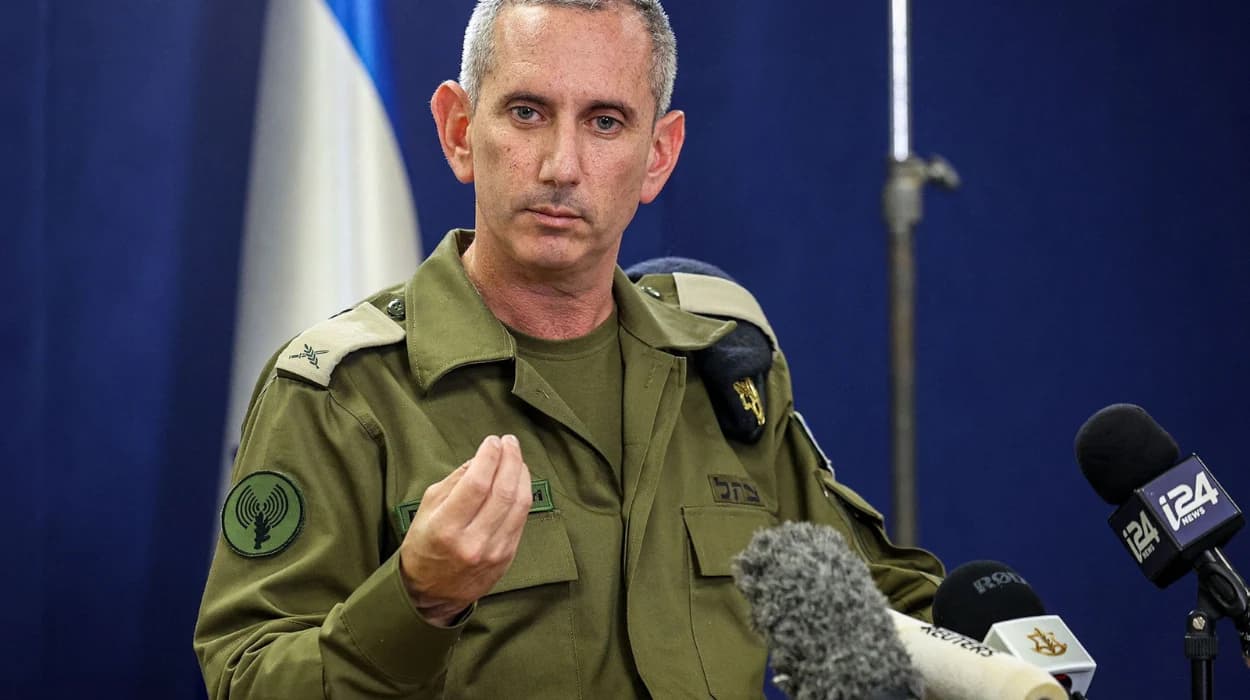The Israeli army has reportedly opened a new corridor in the
Gaza Strip that effectively splits the Khan Younis area, intensifying the
pressure on Gaza's southern region. This development comes amid ongoing Israeli
military operations and heightened conflict dynamics in the region as of
mid-July 2025.
What is the New Corridor Opened by the Israeli Army in Khan Younis?
As reported by David Gritten of BBC News on 16 July 2025,
the Israeli army has opened a new operational corridor that divides the Khan
Younis area in Gaza. This corridor acts as a strategic breach designed to
separate the city’s southern neighborhoods from the rest of the Gaza Strip,
escalating military and humanitarian tensions in the area.
The move is part of an intensified military campaign by
Israel seeking to tighten control and restrict movement in southern Gaza
following sustained rocket attacks and militant activities. Israeli officials
are reportedly aiming to bisect Gaza territory to undermine Hamas' operational
capabilities while increasing access for Israeli troops.
Why Has the Israeli Army Opened This Corridor?
Israeli military sources have indicated that opening this
corridor is a tactical measure to isolate militant strongholds and create
controlled zones for safer troop movement and material supply. According to
multiple sources, this follows repeated hostilities and rocket fire into
Israeli territory emanating from Gaza, particularly from the Khan Younis
southern area, which has been a hub of militant operations.
The corridor is also designed to facilitate rapid deployment
and encirclement of targeted zones in response to ongoing conflicts between
Israeli forces and Gaza militants, as noted in regional security analyses.
Humanitarian Implications of Splitting Khan Younis
The Gaza Humanitarian Foundation, cited by BBC journalist
David Gritten, has reported severe consequences following military actions in
Khan Younis. The splitting of this area has compounded the already dire
humanitarian situation in Gaza, limiting civilian access to aid and safe
movement. Earlier reports cited 20 people killed in a crowd surge at a crowded
aid distribution site in Khan Younis, underscoring the chaos and desperation
faced by civilians.
This corridor significantly restricts civilian evacuations
and hampers humanitarian organisations’ efforts. Residents in the split zones
face challenges related to food, water, medical supplies, and shelter access as
movement becomes increasingly constrained by military operations and blockades.
International Community Reaction
International responses to this development have been
cautious yet concerned. Calls for restraint and the protection of civilians
have been voiced by multiple UN agencies and human rights groups amid
escalating violence in southern Gaza. However, detailed official reactions
specifically addressing the newly opened corridor remain limited, pending
further situation updates and diplomatic consultations.
Reports highlight the acute risks facing journalists and
civilians in the region, which complicates on-the-ground reporting and
independent verification of conditions post-corridor opening.
What Does This Mean for the Broader Israeli-Palestinian Conflict?
The creation of a new corridor that divides Khan Younis
exemplifies the intensification of military tactics in Gaza, reflecting the
increasingly urban and fragmented nature of the conflict. The Israeli army’s
move is perceived as an attempt to exert decisive control over contested areas,
but it simultaneously raises the stakes for civilian suffering and regional
instability.
Observers note that the evolving ground realities may
complicate prospects for peace talks and raise the urgency for conflict
resolution efforts, as the physical and social fragmentation of Gaza poses
significant long-term challenges to stability in the Israeli-Palestinian
landscape.
The Israeli army’s opening of a corridor through Khan Younis
marks a significant tactical development in the ongoing Gaza conflict, drawing
sharp attention to the conflict’s humanitarian costs and strategic
recalibrations. As the situation unfolds, the imperative for protecting
civilians and ensuring humanitarian access becomes increasingly critical amid
escalating hostilities.
